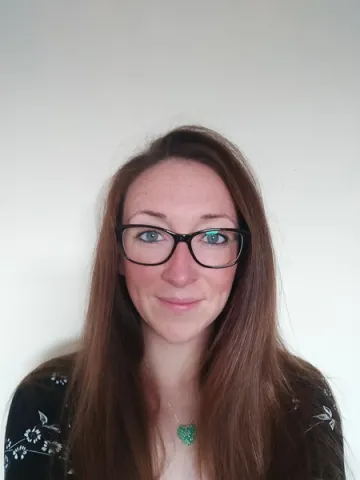Project overview
What do we know about this topic area?
Prescription medication sharing means lending medication prescribed for you to someone else or borrowing medication that has been prescribed for someone else. Studies show that around 50% of adults have shared prescription medicines. Medications are often shared with friends or family for good reasons such as to help relieve symptoms, make people feel better or to save time visiting a healthcare professional. When people share prescription medication however, they bypass the safety checks that healthcare professionals perform. Medication sharing can cause serious and potentially long-lasting consequences including allergic reaction, interaction with other medication or serious side effects due to use of a higher than necessary dose of a treatment.
There has been no research in the UK on prescription medication sharing. This study aims to find out:
• how often people in the UK share prescription medication
• what influences people’s decisions to share medication
• what we can do to help to raise people’s awareness of the risks of medication sharing This 3-part study will identify ways to help reduce the potential harms of medication sharing.
What are we doing?
1. We will conduct a telephone survey of 3000 people to identify the percentage of people in the UK who share medication prescribed by their doctor or given by a pharmacist. We will collect responses from people of different backgrounds, genders, age groups, ethnicities, and health. We will ask people if they have ever shared prescription medication (or would consider doing so in the future), how often and what medicines have been shared, and their reasons for doing so.
2. We will invite up to 25 survey participants to take part in an interview with a researcher. These participants will have a range of sharing and lending experiences be of different ages, ethnicity, and gender. We will interview up to 15 healthcare providers (for example, pharmacists, nurses, and GPs). The interviews will help us to better understand peoples’ reasons for sharing medication and their views of the risks of sharing medication.
3. We will hold workshops with patients, GPs, and community pharmacists to review the findings from projects 1 and 2. These workshops will be used to develop resources to reduce the risks of medication sharing.
What will be done with the findings?
We will work with patients and members of the public to make sure their views inform the research design, interpretation of findings, and how best to publicise results. Findings and resources produced will be shared with patients, healthcare providers and policymakers (who decide how health services are provided) via the study website, social media, and blogs and through publication in journals and presentations at conferences and meetings.
Chief Investigators: Shoba Dawson and Deborah McCahon at Bristol University.
https://www.spcr.nihr.ac.uk/research/projects/prescription-medication-sharing-a-mixed-methods-study
Prescription medication sharing means lending medication prescribed for you to someone else or borrowing medication that has been prescribed for someone else. Studies show that around 50% of adults have shared prescription medicines. Medications are often shared with friends or family for good reasons such as to help relieve symptoms, make people feel better or to save time visiting a healthcare professional. When people share prescription medication however, they bypass the safety checks that healthcare professionals perform. Medication sharing can cause serious and potentially long-lasting consequences including allergic reaction, interaction with other medication or serious side effects due to use of a higher than necessary dose of a treatment.
There has been no research in the UK on prescription medication sharing. This study aims to find out:
• how often people in the UK share prescription medication
• what influences people’s decisions to share medication
• what we can do to help to raise people’s awareness of the risks of medication sharing This 3-part study will identify ways to help reduce the potential harms of medication sharing.
What are we doing?
1. We will conduct a telephone survey of 3000 people to identify the percentage of people in the UK who share medication prescribed by their doctor or given by a pharmacist. We will collect responses from people of different backgrounds, genders, age groups, ethnicities, and health. We will ask people if they have ever shared prescription medication (or would consider doing so in the future), how often and what medicines have been shared, and their reasons for doing so.
2. We will invite up to 25 survey participants to take part in an interview with a researcher. These participants will have a range of sharing and lending experiences be of different ages, ethnicity, and gender. We will interview up to 15 healthcare providers (for example, pharmacists, nurses, and GPs). The interviews will help us to better understand peoples’ reasons for sharing medication and their views of the risks of sharing medication.
3. We will hold workshops with patients, GPs, and community pharmacists to review the findings from projects 1 and 2. These workshops will be used to develop resources to reduce the risks of medication sharing.
What will be done with the findings?
We will work with patients and members of the public to make sure their views inform the research design, interpretation of findings, and how best to publicise results. Findings and resources produced will be shared with patients, healthcare providers and policymakers (who decide how health services are provided) via the study website, social media, and blogs and through publication in journals and presentations at conferences and meetings.
Chief Investigators: Shoba Dawson and Deborah McCahon at Bristol University.
https://www.spcr.nihr.ac.uk/research/projects/prescription-medication-sharing-a-mixed-methods-study
